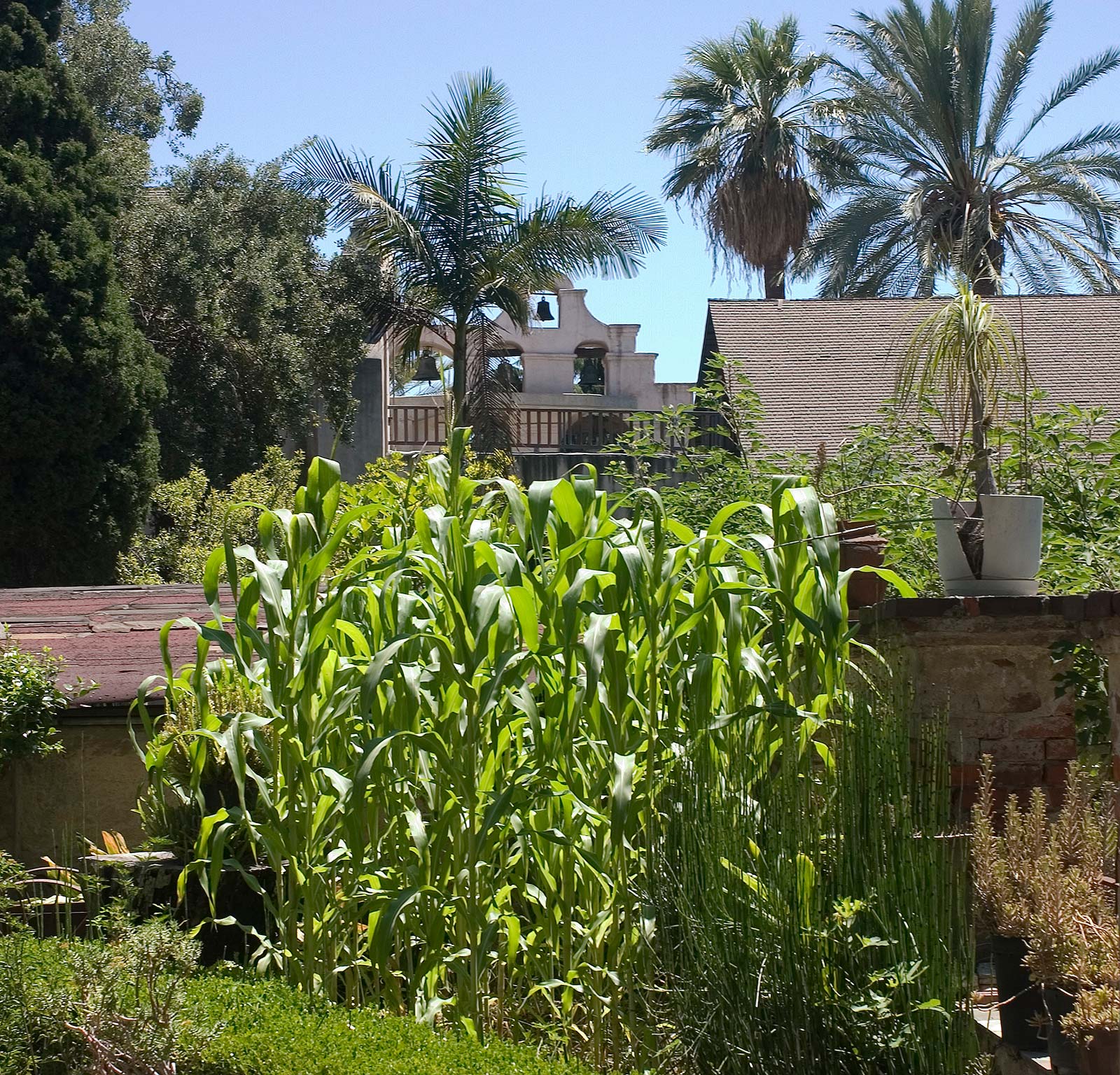
Los Angeles
A People’s Guide to Los Angeles, based on the book of the same name, “flips the script” of the traditional tourist guidebook to reveal a myriad of power relations that have shaped Los Angeles County’s development over time.
Most other tourist guides to Los Angeles directs readers and visitors primarily to Downtown, Hollywood, and the Westside. Historically, these areas have been – and, to some extent, still are – inhabited predominantly by people who are white, wealthy, famous, and/or powerful. Meanwhile, South and East Los Angeles are regularly and systematically omitted, deflecting attention from some of the city’s most impoverished, segregated, and polluted neighborhoods, and the institutionalized forces of neglect and oppression that have created such conditions.
READ MORE
Such partial representations also obscure the efforts, past and present, of the people who live and work in these areas – people who have led vibrant, innovative movements to resist environmental racism, the expansion of the prison-industrial complex, state violence, and residential segregation, among other forces.
A People’s Guide to Los Angeles intervenes in these biased patterns of representation by focusing attention on those people, places, and histories that are systematically left off the map — and out of the history books. Many of our site entries highlight lesser-known histories that have been overlooked by existing tour guides as well as in most popular images of Los Angeles. These sites are often ordinary places such as beauty salons, bowling alleys, church basements, and restaurants where extraordinary events have occurred. Other site entries offer a fresh interpretation of places that are already well known, including many that are regularly included in mainstream tour guides, by highlighting the struggles to create or resist inequality and oppression that have occurred there. Collectively, the places and people that we present create a dramatically different perspective on the Los Angeles region: an oppositional, or counter-hegemonic, one.

Contributors
Wendy Cheng
Wendy Cheng is Associate Professor and Chair of American Studies at Scripps College.
Laura Pulido
Laura Pulido is the Collins Chair and Professor in Indigenous, Race, and Ethnic Studies and Geography at the University of Oregon.
Laura Barraclough
Laura Barraclough is Professor of American Studies at Yale University.

Selected Sites
Blog
People’s Guide Website Begins Beta Testing
On Friday the People’s Guide Website will begin limited beta testing leading up to launch…
A People’s Guide Goes Live
After many years, the first version of A People’s Guide is visible to the public!…




















